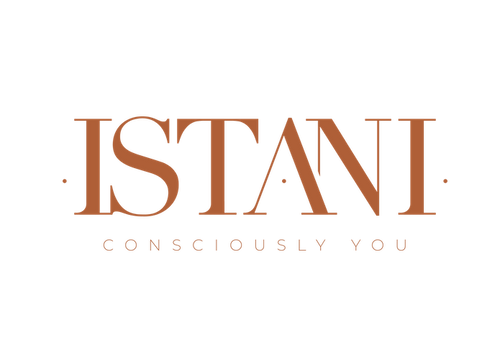Imagine a world where your job isn’t just a place to earn a paycheck but a space where your voice truly matters, and your contributions are valued.
With rising economic inequality and environmental crises, it’s time to rethink how we work and thrive together. Enter the world of worker cooperatives—a transformative and time-tested model where power, profit, and decision-making are shared among those who make the magic happen.
What Are Worker Cooperatives?
Picture this: a business where everyone on the team is not just an employee but an equal owner; a worker-owner. In a worker cooperative, every person has an equal say in decisions and shares in the rewards. Unlike traditional companies where a few hold the reins, here, every member’s voice counts, making the work environment more democratic and inclusive. This model also aligns the interests of worker-owners with the long-term success of the business they are involved with.
How Can Cooperatives Transform Society?
What if our workplaces could:
- Promote Economic Equality: Imagine a world where profits are shared fairly, reducing income gaps and fostering a more balanced economy. By distributing profits more equitably, worker cooperatives reduce income inequality and increase access to wealth building to those generally left out.
- Enhance Job Security and Satisfaction: What if each of us could truly invest in our jobs, leading to greater stability and fulfillment? The democratic structure of worker-cooperatives fosters a sense of ownership and responsibility, enhancing each person’s motivation for high-quality work in a dignified workplace.
- Boost Community Development: Visualize businesses that reinvest in their local areas, nurturing vibrant and resilient communities. Communities with large number of worker cooperatives tend to be more interconnected and resilient.
- Champion Sustainability: Think about industries that prioritize the planet’s health over quick profits, embracing eco-friendly practices and creating a greener world.
Fashion’s New Frontier: Ethical and Collaborative
The fashion industry, renowned for its creativity, is also infamous for its environmental impact and exploitative labor practices. But what if we could transform it with the cooperative model?
Imagine:
- Ethical Production: Fair wages and humane working conditions become the norm because power and decision-making is distributed at many levels of the business.
- Sustainable Practices: Worker-owned brands could lead the way in eco-friendly materials and methods by prioritizing their local & global community’s well-being alongside profits.
- Innovative Design: With everyone involved in decision-making to ensure long-term business success, fashion would reflect a rich tapestry of cultural perspectives and creativity.
- Consumer Trust: Transparency and ethics become central to brand values, winning the trust and loyalty of conscious consumers.
Envisioning a Cooperative Future
Now, picture a future where worker cooperatives are the standard, not the exception:
- Economic Resilience: Economies thrive with shared decision-making and profit distribution, making them more robust, adaptable and resilient. Workers, as owners, would be motivated to ensure the stability and success of their enterprises.
- Social Equity: Income disparity decreases, leading to a more equitable society where social tensions are minimized.
- Environmental Sustainability: Industries prioritize sustainability, drastically reducing their environmental impact.
- Cultural Innovation: Diverse voices drive creativity, resulting in a surge of cultural and artistic expressions. Brands that adopt cooperative models can build stronger trust with their consumers, who increasingly seek transparency and ethical practices in the pieces they purchase.
Join the Movement
The concept of worker cooperatives isn’t just a dream—it’s already taking shape. Several groups are already pioneering this approach with notable success.
The Industrial Commons supports manufacturing businesses in transitioning to worker ownership, promoting economic resilience and innovation.
Opportunity Threads is a worker-owned cut-and-sew factory in North Carolina that emphasizes sustainable practices and fair wages, exemplifying the cooperative model's benefits.
Blue Tin Production, a fashion production cooperative run by immigrant and refugee women, focuses on ethical manufacturing and empowering marginalized communities. Similarly, Custom Collaborative trains and supports women from low-income and immigrant communities to start their fashion businesses, fostering economic independence and sustainability.
As we begin to embrace cooperative values, we inch closer to a future where work isn’t just about survival but about thriving together. How would your life change if you had a real stake in your workplace? How would it feel to work in an environment where your voice truly mattered and where the success of the business was a shared achievement?


